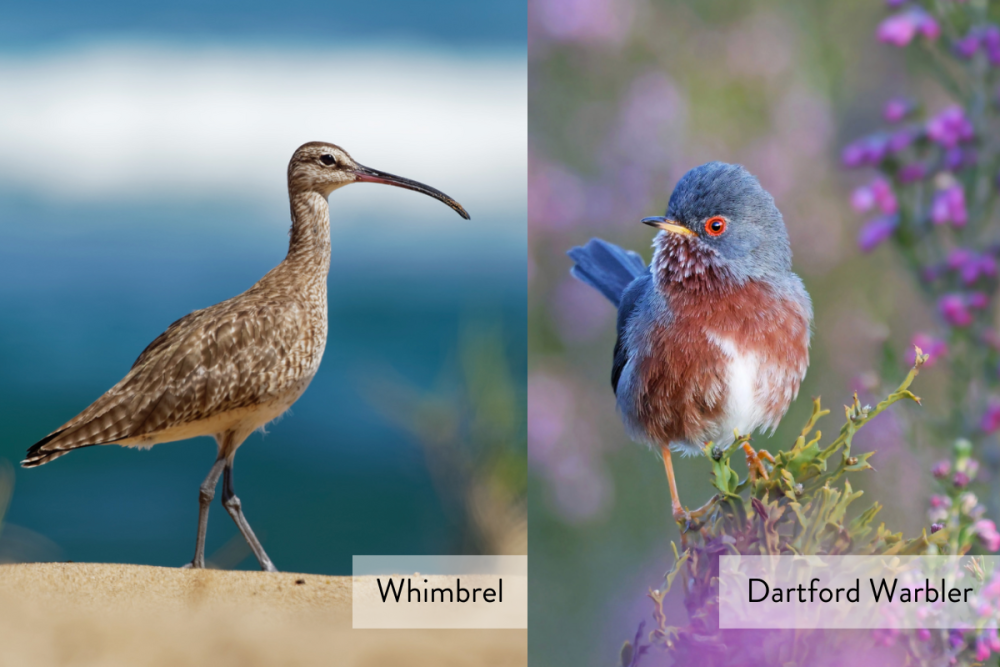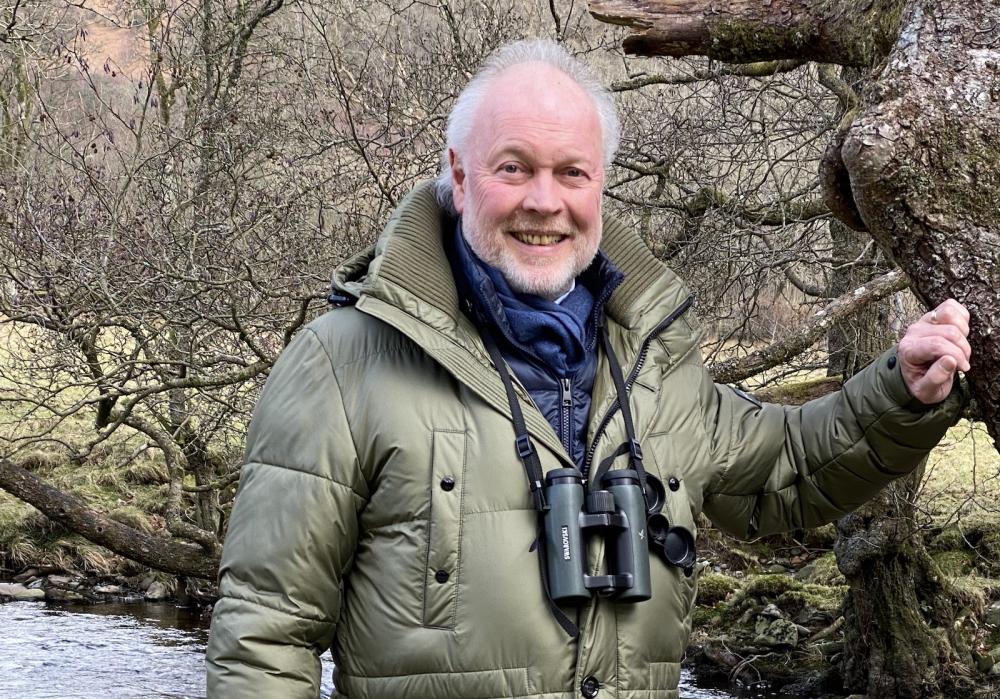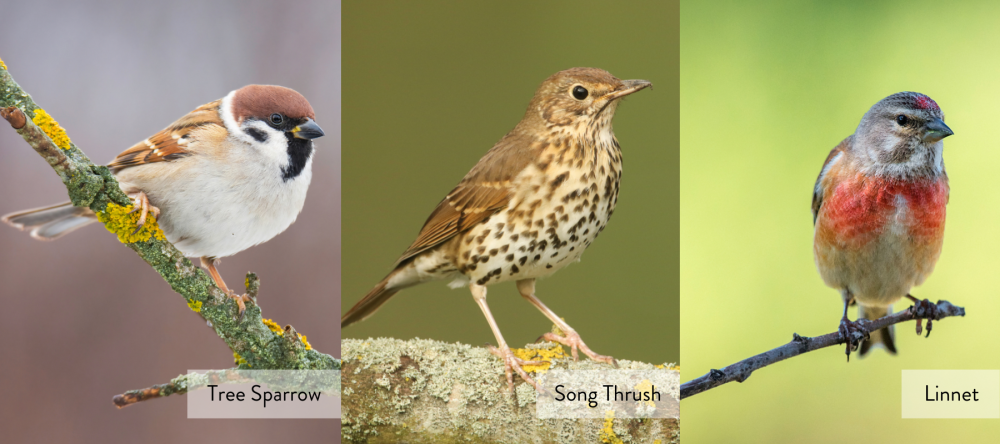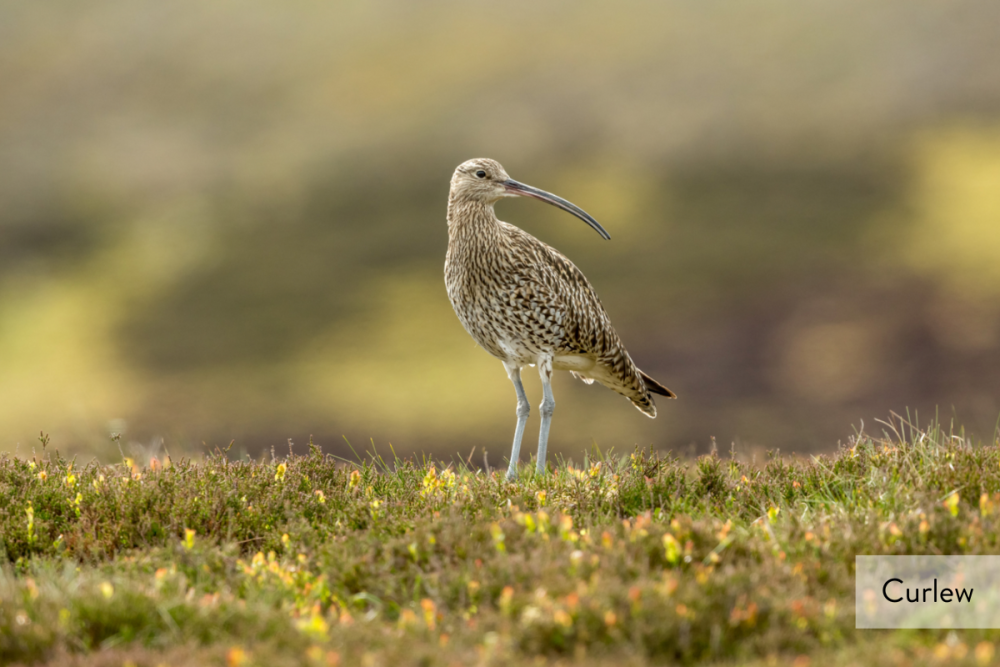This year, we are proud to support the Royal Society for the Protection of Birds, known as the RSPB. A cause especially close to the heart of our founder, Steve, here he explains why we’ve chosen to give back to this incredibly important charity and the vital work they do to protect our country’s birds and wildlife.

Images courtesy of RSPB
Originally formed in 1889 by Emily Williamson, the RSPB had one aim, to protect birds with decorative feathers, like Grebes and Egrets, from being pushed to extinction by the demand for their feathers for fashion.
The charity has grown considerably since then, and today includes over 200 owned or managed nature reserves, powerful legal and educational departments, and most importantly funding from 1.2 million members joining in the fight to save nature.
I wasn’t aware of any of this when I joined the young ornithologist club, the YOC, in 1969 aged 10. The YOC was the then junior arm of the RSPB but at that stage I was simply fascinated by seeing birds, plentiful as they were at that time. I had no thoughts of decline or habitat protection.

Images courtesy of RSPB
Being a child in Hertfordshire meant birds such as Whimbrel and Dartford Warbler were seemingly unattainable, until a camping holiday in Dorset in the early 70’s included my parents suggesting a visit to the RSPB nature reserve at Arne. I was lucky enough to be part of a guided tour by the warden and was the only child on that day. The vast areas of heath and tidal margins were fascinating, being so different to the local areas I wandered as a child in the way kids in that era could safely do.
A lifelong fascination with birds was cemented then, and that only became stronger when our own children showed a positive interest, and further strengthened when general interest in nature in the population became the norm and it became easier to enjoy nature. Becoming a bird watcher had become just fine – boonie hat and all!

Steve Forder, The Pure Edit founder, at RSPB Lake Vyrnwy in Powys.
So why the RSPB as our chosen 1% for the planet charity partner?
Well firstly I love birds, and secondly, many species are unfortunately in deep decline.
Many birds that I saw every day as a kid are now less often seen, or totally absent from many areas.
This includes everyday birds like Tree Sparrow, Song Thrush and Linnet that are harder to find, previously common birds like Spotted Flycatcher and Grey Partridges are seldom seen, and populations that used to be plentiful like Lesser Spotted Woodpecker and Turtle Dove are only just hanging on.

Images courtesy of RSPB
I’m genuinely saddened because I’ve witnessed this within my lifetime – I don’t need anybody to tell me the situation.
Birds though are only a part of the entire ecosystem, that being all the fauna and flora, insects, mammals, flowers, birds, reptiles, trees, plants and everything. Importantly though, birds are great indicators of the pressure in the whole system.

Images courtesy of RSPB
Fortunately, being highly visible creatures they’re easily monitored by sightings, applying rings, trackers or tags, and the daily recording of breeding and migration data. In addition, precise censuses are done at regular periods. Decades of counting population numbers, broken down by species and by county, and even by each two-by-two-kilometre square has provided cast iron data – and generally the data is depressing.
In a nutshell, birds are the easily seen traffic lights illustrating the health of nature, and the Red, Amber, Green Listed classification now adopted gives an easily understood indication of their population trend – the headline indicator of the state of our entire local and international natural world.
A red listed species means a severely declining number of birds, and most likely it’s habitat ecosystem is probably suffering the same way.
So, what does the ecosystem of a red listed, or indeed any bird look like?
Let’s take the Curlew, that iconic bird with the long downcurved beak.

Image courtesy of RSPB
Its ecosystem is the interacting community of creatures within the habitat that the bird needs for the summer, winter and in between. That includes the entire collection of plants, insects, molluscs and food sources, mammals, water margins, particular vegetation for nesting areas, balance of predators (including man), farming practices, other land pressures in its habitat… even public footpaths and man’s best friend the dog! Plus, and we all hate to hear it – probably climate change too.
Any removal or reduction of the essential habitat requirements, and increases in the negative forces, all exert pressure until a tipping point is reached, and populations of many plants and creatures become unsustainable.
For the Curlew, moors, bogs, pasture and lowland farmland are all needed for breeding, and coastal wetlands, mudflats and nearby farmland are needed for wintering. Remove or reduce some of these habitats and the birds start to disappear along with other members of the natural community.
So, patiently you’ve been waiting – why support the RSPB?
Well, whilst birds are the high-level indicator, the whole of nature is completely entwined and you can’t save Curlews, Honey Bees, Water Shrews, or Chalk Hill Blue butterflies without first protecting, extending and managing their habitat – and this is where the RSPB excels.

Images (l-r) courtesy of National Geographic, BBC Wildlife Magazine and Butterfly Conservation
The RSPB is the UK’s largest nature conservation charity, inspiring everyone to give nature a home. Its size helps it to be taken seriously when nature needs protection, and its scale reaches out nationwide.
It buys, manages and farms swathes of the countryside for the benefit of all creatures great and small – and best of all makes viewing wildlife accessible to everyone through footpaths, hides and viewing platforms, including serving essential snacks and coffee at bigger nature reserves.
The RSPB takes a holistic approach by considering all of nature, because no one species – flora or fauna, including us – can survive in isolation.
At the Pure Edit we love the RSPB’s approach to giving all of nature a home. Yes, I’m saddened by the declines in bird populations, but also hugely encouraged by the work of the RSPB. Along with Natural England and other important charity organisations it’s recognised that saving birds and nature saves the world for us too, and that is why we support them.

Images courtesy of Alex Board










